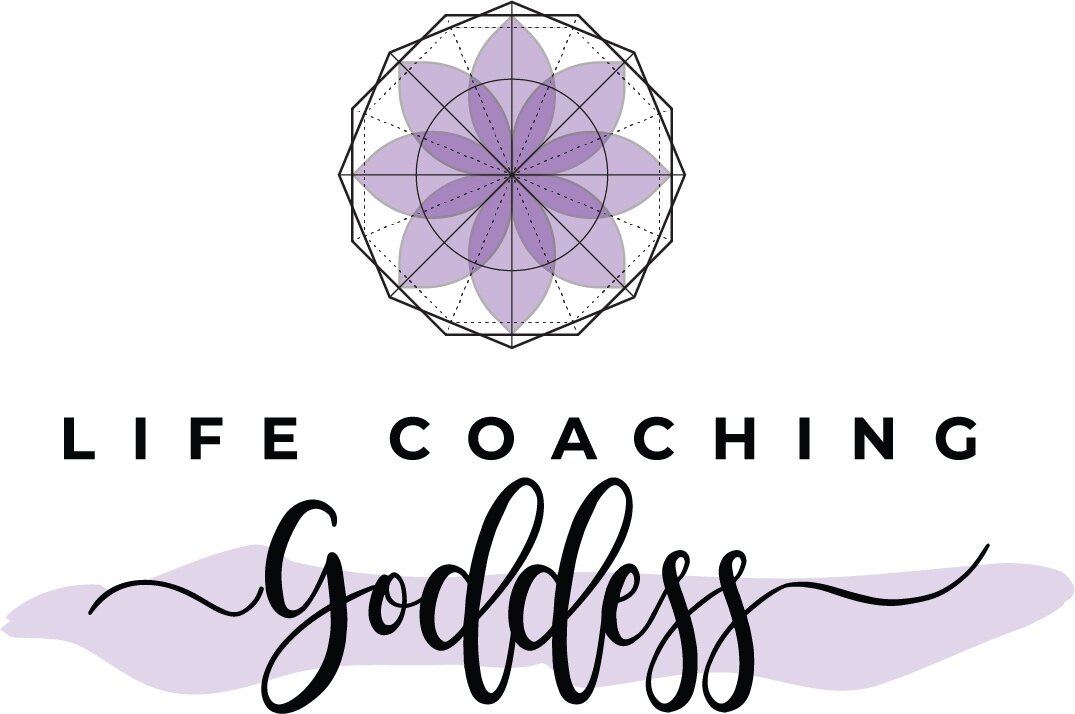Emotional Healing
“Emotions are a critical source of information for learning.” — Joseph LeDoux
You may be questioning why this is even necessary?
Go back into a time in childhood where you had to stuff your emotions down because it wasn’t safe to show them. Perhaps, it was sadness that a parent or another individual made you feel because you did something wrong. Maybe, it was anger because you were not allowed to have your way because you were raised by a controlling authoritarian caregiver.
Now as an adult try to locate the times where you felt an emotion but you held it back because it felt uncomfortable to feel it. Or you just learned that emotions make you feel out of control so you avoid them altogether.
These emotions are coming to the surface for a reason, and when we avoid them it has been proven that these emotions are now trapped inside of us if we didn’t allow ourselves to express them or release them.
Trauma, anxiety, and other emotions can get trapped in your body- essentially emotions can get stored in your autonomic nervous system response. This will cause you to survive, not fully thrive.
Emotional healing is the process of acknowledging, allowing, accepting, integrating, and processing painful life experiences and strong emotions. It may involve empathy, self-regulation, self-compassion, self-acceptance, mindfulness, and integration.
Many people have a tendency to want to control the process of emotional healing by minimizing the pain and controlling their emotions, but this can actually inhibit the process of emotional healing.
Emotional healing takes the time that it takes—which may be longer or shorter than you expect or plan on—if you allow it to be fully acknowledged, felt, moved through, and processed. It requires patience, perseverance, and discipline to show up for yourself.
Outside of specific traumatic events, it's also possible to experience intensifying, lingering, and seemingly unshakeable anger, sadness, or anxiety that feels like it is taking over your life. These feelings may cause a functional impairment in your day-to-day life. Emotional healing may look different if symptoms are becoming chronic.
I won't sugarcoat it—emotional healing is not an easy process, but it can be incredibly rewarding for many people and help them find clarity and inspiration in life beyond whatever it is they are healing from. Emotional healing might be necessary if you experience persistent anxiety, depression, or anger, struggle with low self-esteem, form unhealthy relationship patterns, or find it hard to cope with stress. Other signs include recurring self-doubt, difficulty setting boundaries, avoiding emotions, or feeling disconnected.
You are a human, that has emotions, and these emotions were meant to be felt and processed. When we were not raised in an environment where we were taught emotional intelligence, we may be hindered in this area. Guess what? That is entirely okay. Once you know different, you do different.
If you feel called to begin this process for yourself, I would invite you to find a coach, guide, or therapist that can help you navigate through this journey. It will be trying at times, but well worth the freedom it will bring you.
As always, thank you for being here with me,


